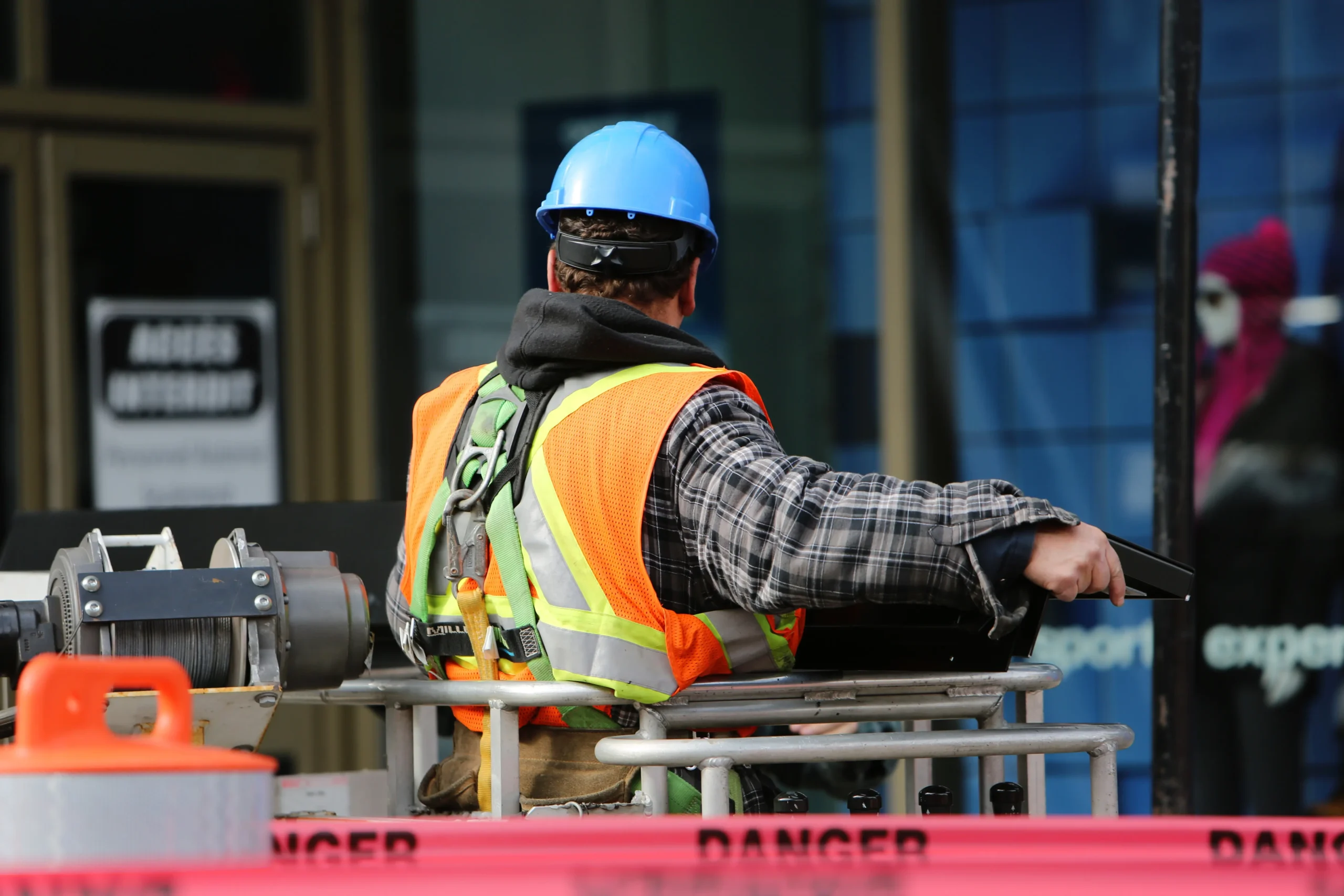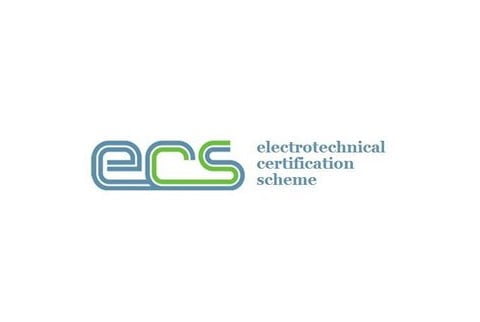The Construction Plant Competence Scheme (CPCS) is a skills card scheme for the plant sector of the construction and allied industries. It provides proof of the skills and knowledge of plant operators and related occupations. To obtain a CPCS card, you need to meet certain health and safety requirements.
What are the health and safety requirements for the CPCS?
There are two main health and safety requirements for the CPCS:
- Passing the CITB Health, Safety and Environment (HS&E) test or an approved alternative
- Passing the CPCS theory test and practical test for each category or group of categories you want to apply for
CITB Health, Safety and Environment (HS&E) Test
The CITB HS&E test is a computer-based multiple-choice test that covers various topics related to health, safety and environment on construction sites. It is designed to assess your awareness of potential hazards and how to avoid them. The test also checks your knowledge of current legislation and best practices.
The CITB HS&E test is a mandatory requirement for most CSCS cards, including the CPCS cards. You need to pass the appropriate level of HS&E test within two years before applying for your card. There are different types of HS&E tests depending on your occupation and level of responsibility:
- Operative
- Labourer
- Specialist
- Supervisor
- Managerial & Professional
You can book your HS&E test online or by phone through Pearson VUE. The test costs £23 per attempt. You can also purchase vouchers in advance that are valid for one year from purchase.
To prepare for your HS&E test, you can use various online resources such as mock tests, revision materials, or smartphone apps. You can also buy revision books or DVDs from CITB or other retailers.
CPCS Theory Test
The CPCS theory test is a one-to-one verbal assessment that covers essential knowledge related to each plant category or group of categories you want to apply for. The questions are based on industry standards and expectations of experienced plant operators.
The CPCS theory test is a mandatory requirement for both red (trained operator) cards and blue (competent operator) cards. You need to pass each category theory test before taking the corresponding practical test.
You can book your CPCS theory tests through an approved NOCN Job Cards Test Centre. The cost varies depending on the number of categories you want to take. You can take up to five categories in one slot which costs £30 per slot.
To prepare for your CPCS theory tests, you can use various online resources such as NOCN’s Renewal Test Tool which helps you identify which tests you need to take based on your current card status. You can also access free support materials such as question banks or smartphone apps from NOCN Job Cards website.
CPCS Practical Test
The CPCS practical test is a hands-on assessment that covers essential skills related to each plant category or group of categories you want to apply for. The tasks are based on industry standards and expectations of experienced plant operators.
The CPCS practical test is a mandatory requirement for both red (trained operator) cards and blue (competent operator) cards. You need to pass each category practical test after passing the corresponding theory test.
You can book your CPCS practical tests through an approved NOCN Job Cards Test Centre. The cost varies depending on the number of categories you want to take. You can take up to five categories in one slot which costs £30 per slot plus additional fees depending on equipment type.
To prepare for your CPCS practical tests, you should undergo adequate training from an accredited training provider who will teach you how to operate different types of plant safely and efficiently according to industry standards Cpcs scheme operator training . You should also familiarise yourself with the role and duties of a cpcs tester who will conduct your assessment at an approved testing site.
Why are health and safety requirements important?
Health and safety requirements are important because they help ensure that:
- You have sufficient knowledge and skills to operate different types of plant safely and efficiently
- You can avoid potential hazards and prevent accidents that could harm yourself or others
- You can comply with the legal requirements and industry standards for health and safety
- You can improve your employability and career prospects in the construction sector
- You can reduce the costs of injuries, illnesses, damages and lawsuits for your employer
How can you benefit from health and safety training?
Health and safety training is an essential part of meeting the health and safety requirements for the CPCS. By undergoing adequate training from an accredited provider Cpcs course advantages , you can benefit from:
- Gaining relevant knowledge and skills to operate different types of plant according to industry standards
- Learning how to identify and control risks on construction sites
- Preparing for your CPCS theory tests and practical tests with confidence
- Updating your knowledge on current legislation and best practices for health and safety
- Enhancing your professional development and career opportunities
How can you renew your CPCS card?
To renew your CPCS blue (competent operator) card, you need to meet certain requirements before your existing card expires. These include:
– Passing the CITB HS&E test or an approved alternative within two years before applying for renewal
– Passing the CPCS renewal test for each category or group of categories you hold on your card within two years before applying for renewal How to prepare for cpcs theory test
– Demonstrating continued professional development (CPD) by logging at least 300 hours of relevant experience per category within five years before applying for renewal How to renew cpcs card
You can book your CITB HS&E test through Pearson VUE and your CPCS renewal test through an approved NOCN Job Cards Test Centre. You can also use NOCN’s Renewal Test Tool¹ [to help you know which tests you need to take based on your current card status. To log your CPD hours, you need to register with NOCN Job Cards online portal and complete a CPD record form.
Once you have met all the requirements, you can apply for your renewed CPCS blue card online through NOCN Job Cards website. The cost of renewal is £30 per application plus £25 per category.
Conclusion
Health and safety are crucial aspects of working in the construction industry. By meeting the health and safety requirements for the CPCS, you can ensure that you have the skills and knowledge to operate different types of plant safely and efficiently. You can also improve your employability and career prospects in the sector.
To obtain or renew a CPCS card, you need to pass both CITB HS&E tests (or approved alternatives) and CPCS theory tests or approved alternatives and practical tests for each category or group of categories you want to apply for.
You also need to demonstrate continued professional development by logging relevant experience hours.
To prepare for these tests, you should undergo adequate training from an accredited provider who will teach you how to operate different types of plant according to industry standards. You should also use various online resources such as mock tests, revision materials or smartphone apps.
By following these steps, you can achieve a high level of health and safety in construction and become a competent plant operator with a valid CPCS card. What is cpcs?










